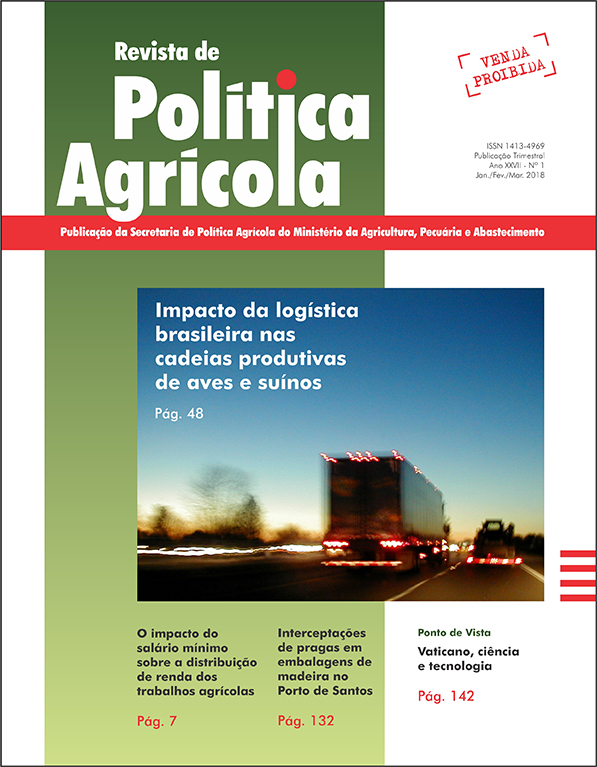Effects of free gasoline prices on the ethanol sector in São Paulo
Palabras clave:
demand elasticities, fuel pricing policy, hypothetical analysisResumen
Brazil is a particularly interesting case when it comes to the study of fuel prices and their effects on other sectors of the economy, since the oil-related industries in the country have some specific characteristics, such as the wide use of ethanol as a substitute for gasoline and the practiced fuel pricing policy by the government. The goal of the present study is to analyze how the situation in Brazil would have looked like, if fuel prices were not administrated by the government, and what the hypothetical effects of such a change in the policy on biofuel prices and demand would have been. For the purposes of the analysis, a hypothetical consumer gasoline price was constructed, using the provided by DATAGRO series of “interned” gasoline prices. The obtained results show that incorporating the fluctuations in the international crude oil price would have had positive effects on the ethanol sector in the state of São Paulo for the period 2011 2015, by pushing the hydrous ethanol price up, making it more profitable for sugarcane producers to direct their production to ethanol instead of sugar, and stimulating domestic ethanol demand as an alternative for conventional fossil fuels. Moreover, the hypothetical gasoline price would have led to lower gasoline consumption, thus, breaking the artificial demand for this fuel created by the government.Descargas
Publicado
2018-12-26
Cómo citar
Popova, N. D., Martines Filho, J. G., & Nastari, P. M. (2018). Effects of free gasoline prices on the ethanol sector in São Paulo. Revista De Política Agrícola, 27(1), 65. Recuperado a partir de https://rpa.sede.embrapa.br/RPA/article/view/1400
Número
Sección
Artigos Científicos


